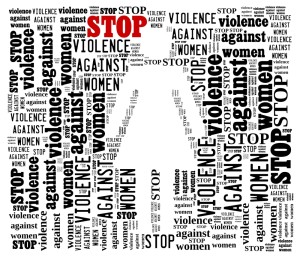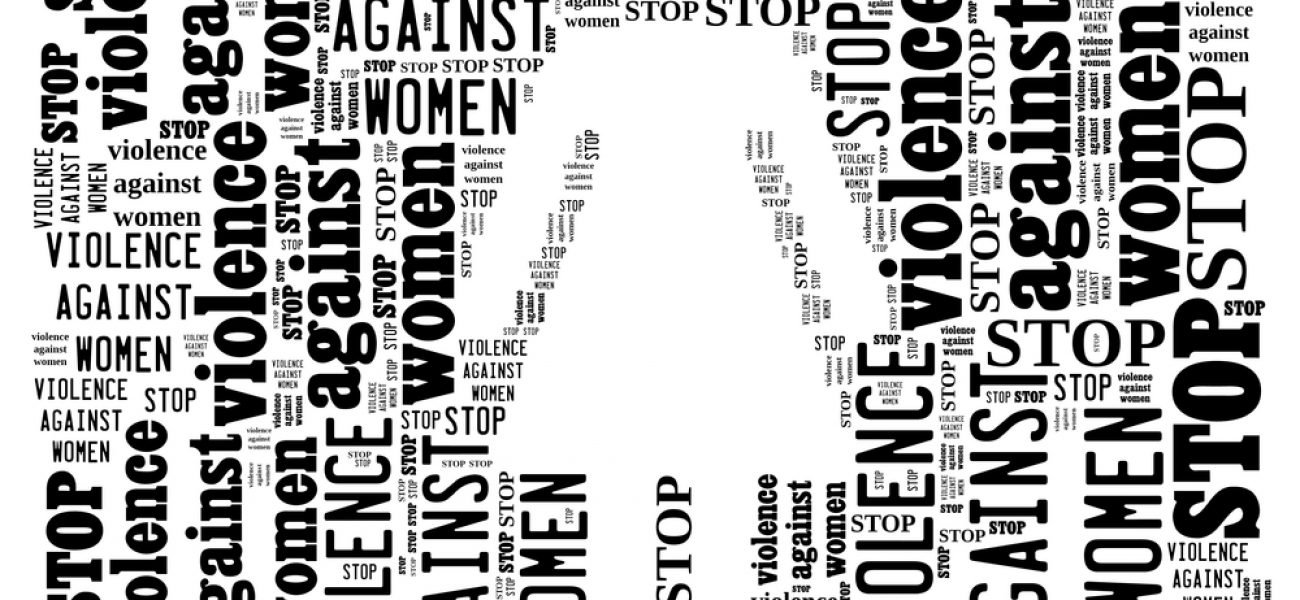 In March 2015, the Senate Joint Committee on Judiciary, Human Rights, Legal Matters and Drugs, Narcotics and Financial Crimes held a public hearing on the Senate “Bill for an Act to Eliminate Violence in Private and Public life, in Peace and Conflict situations; to Prohibit, Prevent and Punish all Forms of Violence in the Society and to Provide Maximum Protection and Effective Remedies to all Victims of Violence 2014” (SB 43) and the House “Bill for an Act to Prohibit Violence Against Persons and for other matters connected therewith 2014” (HB 191) which had been consolidated in the Senate due to their similar provisions.
In March 2015, the Senate Joint Committee on Judiciary, Human Rights, Legal Matters and Drugs, Narcotics and Financial Crimes held a public hearing on the Senate “Bill for an Act to Eliminate Violence in Private and Public life, in Peace and Conflict situations; to Prohibit, Prevent and Punish all Forms of Violence in the Society and to Provide Maximum Protection and Effective Remedies to all Victims of Violence 2014” (SB 43) and the House “Bill for an Act to Prohibit Violence Against Persons and for other matters connected therewith 2014” (HB 191) which had been consolidated in the Senate due to their similar provisions.
Bearing a striking resemblance to the UN General Assembly, Declaration against the Elimination of Violence Against Women, 1993, A/RES/48/104, the Bill is an amalgam of 9 different Bills that were laid in the National Assembly in its 4th and 6th Assembly. In the 6th Assembly, although a public hearing was conducted after the second reading of the Bill, it was never presented for third reading.
The 2014 Bill seeks to eliminate all forms of violence against all categories of persons in the private and public sphere. In the Bill, while violence in the private sphere is defined as an act perpetrated by a member of a family, relative, neighbor, or a member of a community which may cause physical, sexual, psychological, verbal, emotional or economic harm, violence in a private sphere is an act committed by a State or Non State actor that threatens the peace, security and well being of any person or nation as a whole.
If passed into law, the Bill is expected to serve as a means of complementing Nigerian Criminal Law in areas where it is deficient. For instance, the bill outlaws chemical or biological attack such as in the use of acid, ritual violence, female genital mutilation and child marriages. The Bill also introduces certain innovations such as prohibiting persons from being forcefully isolated or separated from their family and friends and preventing widows from being subject to harmful traditional practices. A Commission of Violence Against Women will also be responsible for the general supervision of the Bill while a Victims of Violence Trust Fund will be established to provide and manage victims of violence. Under the Trust Fund, rehabilitation programmes, shelters and rape centers will be provided to cater for victims of violence.
The provisions of the Bill are gender friendly and appear to be largely targeted at the protection of women and children. This may be as a result of the high incidence of violence that has been suffered by this category of persons. It has been reported that 35 per cent of women worldwide have experienced physical and/or sexual violence in their lifetime while some national studies show upto 70 percent of women who have experienced physical and/or sexual violence.[6] By extending the prohibition of violence to include conflict and emergency situations, the proposed Bill, if passed will deter violence against women even in a state of war as they are often victims of sexual abuse and exploitation and ensure that Nigerian women who amount to a significant percentage of Nigeria’s population live safer, healthier and peaceful lives.
The International Federation of Women Lawyers, FIDA Nigeria, has charged the Senate to follow in the footsteps of the House of Representatives in prioritizing its passage before the end of the 7th Assembly. Presently, the Bill remains, the only holistic legal instrument that succinctly addresses issues of gender based violence, domestic violence, obnoxious customary practices and other forms of violence prevalent in Nigeria today[7].
[6]Facts and Figures: Ending Violence against Women
A pandemic in diverse forms, http://www.unwomen.org/en/what-we-do/ending-violence-against-women/facts-and-figures
[7]Gender and domestic Violence: Agitation heightens for the passage for VIPP Bill”, Vanguard Newspaper http://www.vanguardngr.com/2015/03/gender-domestic-violence-agitation-heightens-for-passage-of-vapp-bill/, 10 March, 2015

